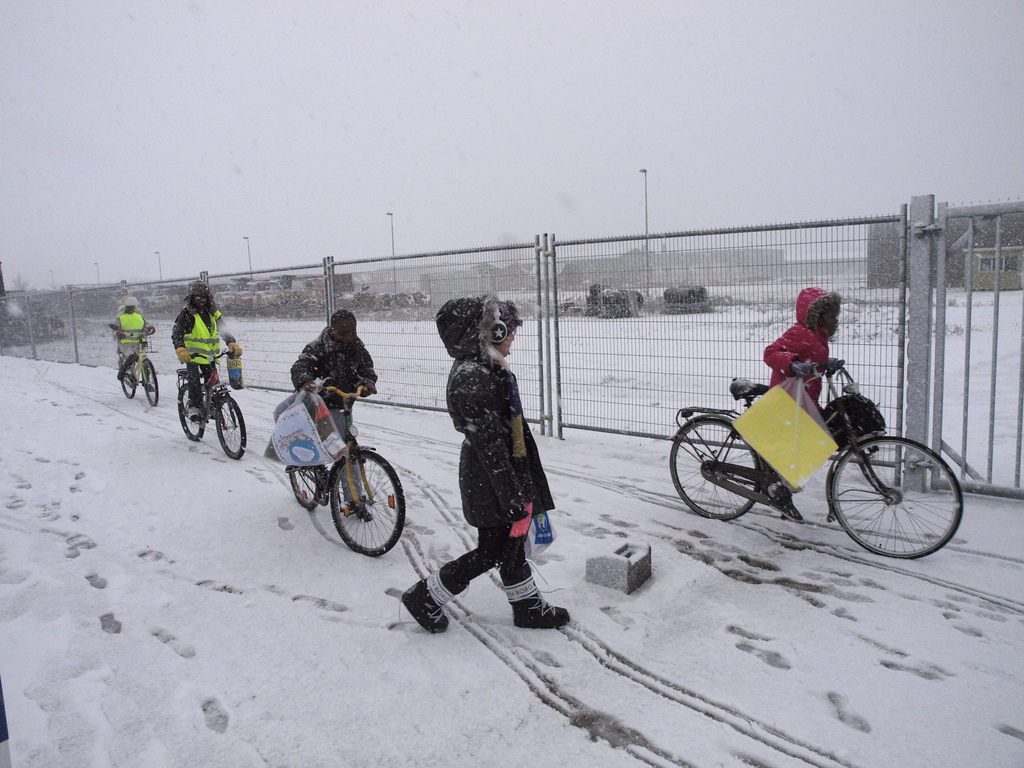Dutch cabinet backs sending children to refugee “return hubs”

The Dutch cabinet wants to send failed asylum seeker families with children to “return home hubs” in countries outside the EU, ministers have said in response to proposals from the European Commission.
The commission’s proposals expressly rule out sending children, either with or without families, to the centres.
However, the Dutch cabinet disagrees, saying that sending families to such hubs would “discourage the abuse of children’s vulnerability”, current affairs show Nieuwsuur reported on Tuesday evening.
Children, ministers have suggested, are being exploited to frustrate cabinet plans to send more failed asylum seekers back, Nieuwsuur said.
Vulnerable
Refugee agency Vluchtelingenwerk Nederland said the cabinet’s position is worrying because it remains unclear what sort of conditions children could be sent to.
“We could be talking about some form of detention,” the agency said. “But allowing children to live in such circumstances is damaging to their development and conflicts with children’s rights.”
The commission’s plans aim to increase the number of failed refugees leaving the EU, arguing that only one in five currently return to their country of origin. The commission also wants to ensure that all EU countries deal with rejected asylum seekers in the same way, and to stop people applying for asylum in another EU country if rejected by a first.
In February, the Dutch cabinet revived its plan to send failed asylum seekers to Uganda, from where they could be returned to their countries of origin in the “region” in exchange for financial compensation.
Far-right PVV trade minister Reinette Klever launched the plan to use Uganda as a “return hub” during a visit to the country last October, saying it would be up to fellow PVV asylum minister Marjolein Faber to “sort out the details”.
Faber declined to comment on the Dutch position to Nieuwsuur reporters.
Thank you for donating to DutchNews.nl.
We could not provide the Dutch News service, and keep it free of charge, without the generous support of our readers. Your donations allow us to report on issues you tell us matter, and provide you with a summary of the most important Dutch news each day.
Make a donation